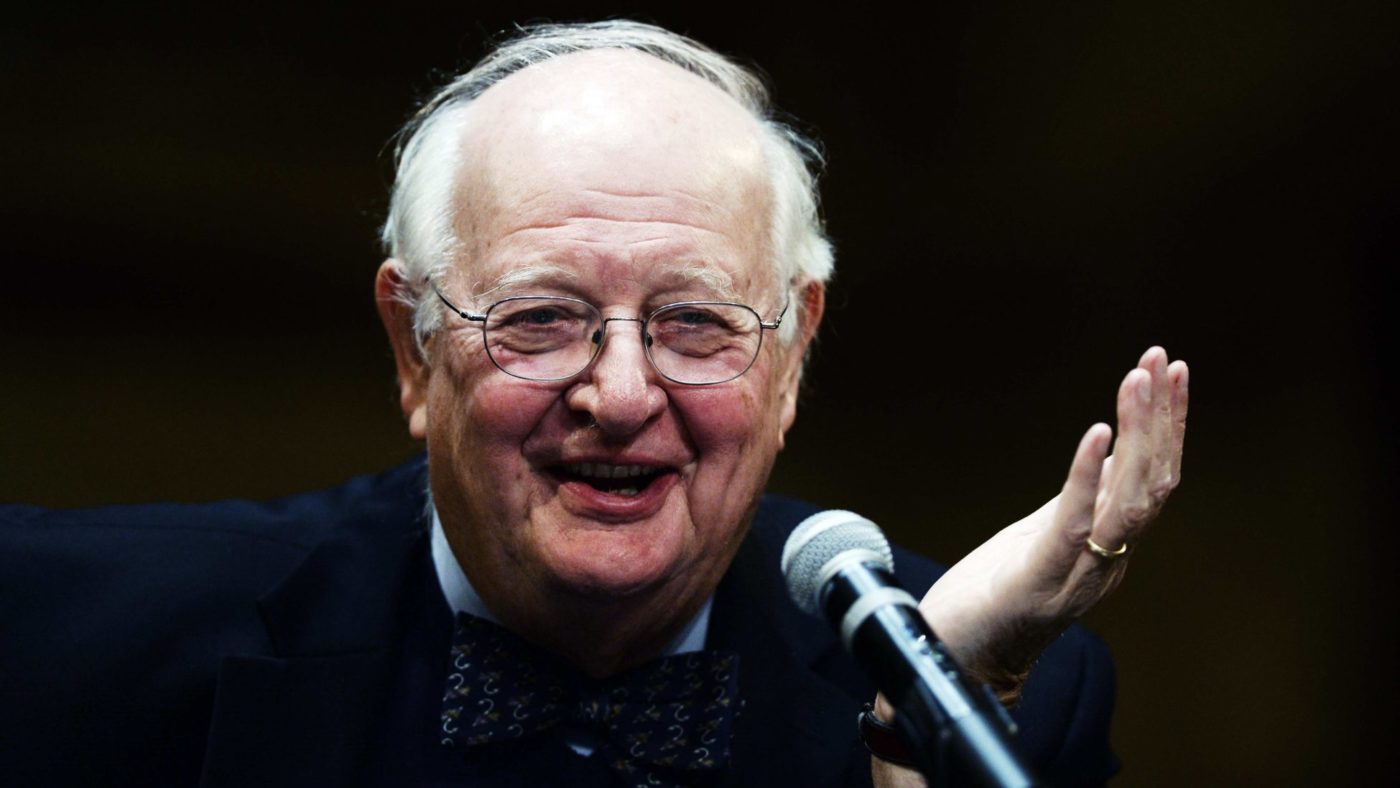Politicians are too often like a doctor who, before the patient has finished listing their symptoms, is already reaching for his preferred drug.
‘Domestic manufacturing in decline? I know just the tariff.’ ’Rising global temperatures? I’m afraid we’re going to have to abolish capitalism.’
The socio-economic ailment leapt on quickest of all is surely inequality. The argument generally, though not exclusively, comes from the left.
‘Grotesque inequality’ is the justification for Jeremy Corbyn and John McDonnell’s plans for a radical transformation of the British economy. What were the ‘burning injustices’ that were supposed to form the basis of Theresa May’s domestic agenda other than a catalogue of inequalities? And many have chosen to interpret the Brexit vote as a consequence of geographic inequality — left-behind Brexitland fighting back against confident and prosperous Remainia.
Across the spectrum, then, inequality is an emotive and potent idea. But it is also the subject of a huge amount of sloppy thinking. For instance, evidence to the contrary has not stopped Labour frontbenchers from claiming that the Britain’s rich are getting richer while the poor only get poorer. Meanwhile, Oxfam regularly peddles phoney data on global wealth inequality.
This muddle is why the news that one of Britain’s leading economists will be conducting a major study of the issue for one of the country’s top research organisations is so welcome. The Institute for Fiscal Studies have asked the Nobel laureate and Princeton professor Sir Angus Deaton to lead a major five-year review of ‘inequalities in the 21st century’.
Crucially, the project will go beyond the top line figures.
As Sir Angus pointed out in a speech to mark the review’s launch, it isn’t always clear what people mean or why they care when they say they are worried about inequality: ‘Economists think they know what they mean when they talk about inequality, and they produce charts of Gini coefficients of income and of wealth… What we would like to do in this review, even with its large quota of economists, is to get a better understanding of what it is that bothers people about inequality.’
That final point is essential. Rising concern about inequality over the last decade has come even as the level of inequality has held steady. That’s because the size of the gap between the top and the bottom matters less than what explains that gap. In fact, I think people’s sense of right and wrong, or fair and unfair, has really very little to do with the Gini coefficient.
That is why Germany’s Institute for Labor Economics’s recent attempt to measure how much of inequality is fair and unfair, is so interesting.
And when people are asked to select their ideal income distribution, they don’t slice the cake into pieces that are all the same size. Absolute equality of outcome strikes people as at least as unfair as a high level of inequality.
More generally, if people think a system is working for them, they are less likely to worry about how well it is working for the one per cent. Conversely, what looks like frustration at inequality might be frustration that a rising tide isn’t necessarily lifting all boats.
The danger of the Deaton Review is it becomes the justification for counterproductive interventions in the economy. Indeed, its five-year time frame means that it could be reporting its findings in a very different political environment.
But the inequality debate is in dire need of more precision and nuance. Let’s hope that is what Sir Angus and his colleagues deliver.
CapX depends on the generosity of its readers. If you value the work we do, please consider making a donation.


